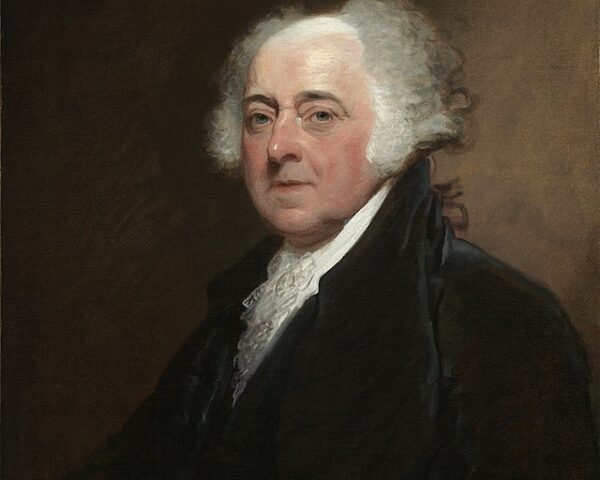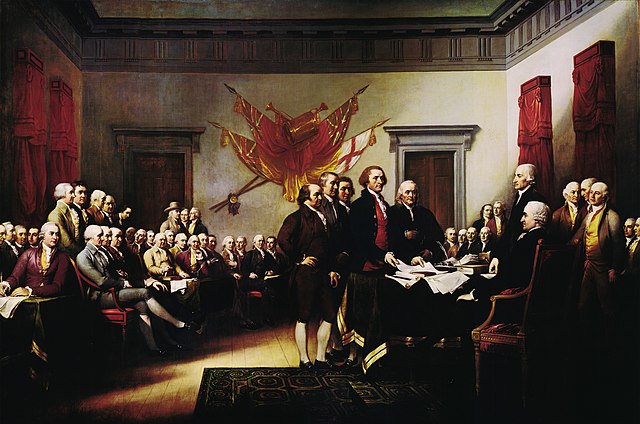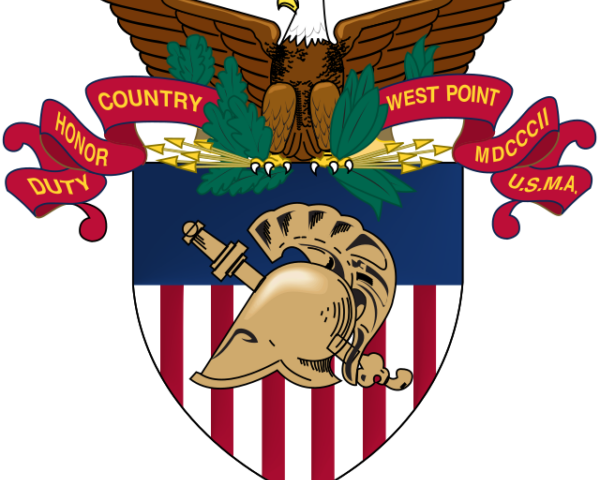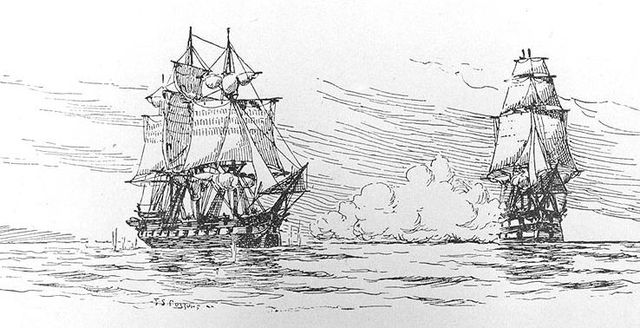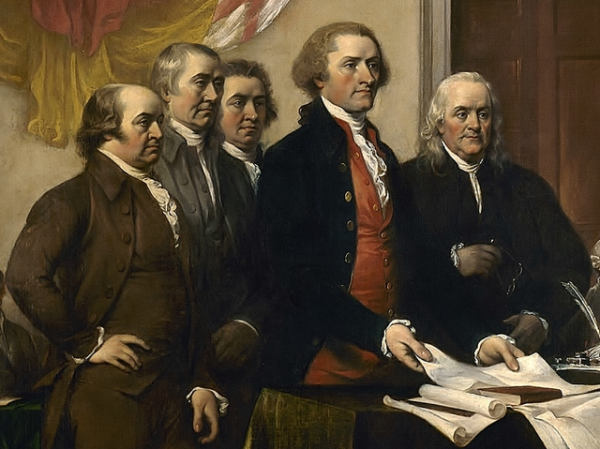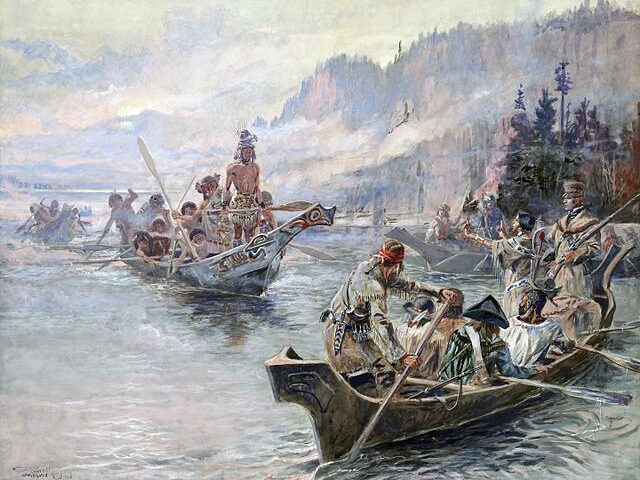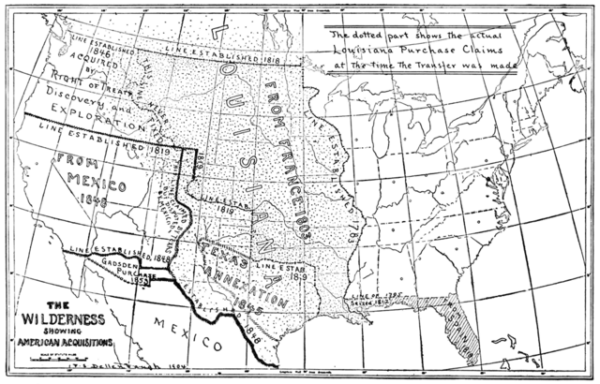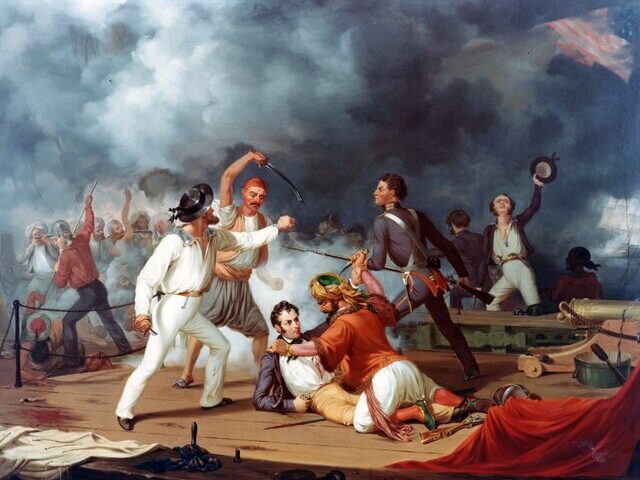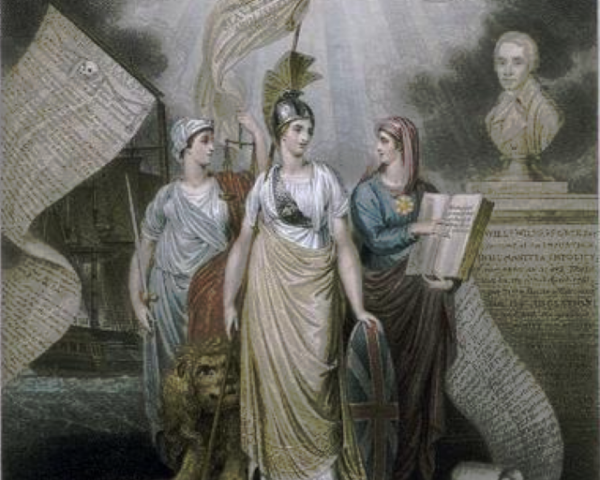The Alien and Sedition Acts were a series of four laws passed by the Federalist-dominated 5th United States Congress and signed into law by President John Adams on July 14, 1798. These laws were ostensibly enacted in response to the perceived threat of French…
Read MoreThe Northwest Ordinance, adopted on July 13, 1787, established a government for the Northwest Territory, outlined state admission process, ensured equality with the original thirteen states, protected civil liberties, and banned slavery in new territories. The Ordinance would play a major role in the…
Read MoreThe Declaration of Independence, adopted on July 4, 1776, was a seminal document that not only marked the birth of the United States but also launched a transformative era: the modern world that lifted billions alive and yet unborn. Its impact reverberated across continents,…
Read MoreOn July 4, 1802, amidst the backdrop of a new and aspiring nation, West Point, the esteemed United States Military Academy, officially opened its doors. The event marked a significant milestone in American history. Established under President Thomas Jefferson’s vision, West Point’s inception was…
Read MoreOn the afternoon of June 22, 1807, off the coast of Norfolk, Virginia, a violent encounter between the British warship HMS Leopard and the American frigate USS Chesapeake ignited a firestorm of national outrage and set the United States on a slow march toward…
Read MoreIn the sweltering heat of June 1776, the Second Continental Congress convened in Philadelphia and decided to change the course of human events. The delegates, representing the thirteen colonies, faced the monumental task of justifying a rebellion that had already sparked skirmishes and ignited…
Read MoreOn May 22, 1804, the boats pushed off from the banks of St. Charles, Missouri, and the United States crossed a threshold. What lay ahead was not merely a geographic expedition but a test of national ambition—a collision of science, sovereignty, and myth. The…
Read MoreOn April 30, 1803, one of the most significant land deals in history was finalized in Paris, France. For a sum of $15 million, the United States purchased the vast Louisiana Territory from France, instantly doubling the size of the young American republic and…
Read MoreOn April 27, 1805, one of the most daring and consequential events of the First Barbary War unfolded—the American-led assault on the Tripolitan city of Derna. This audacious expedition, immortalized in the Marine Corps hymn with the phrase “to the shores of Tripoli,” showcased…
Read MoreIn 1807, Congress passed a law banning the international slave trade to the United States, set to take effect at the start of 1808, as permitted by the Constitution. The debate over this legislation was influenced by economic interests, national security concerns, and fears…
Read More

